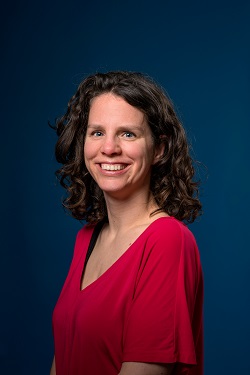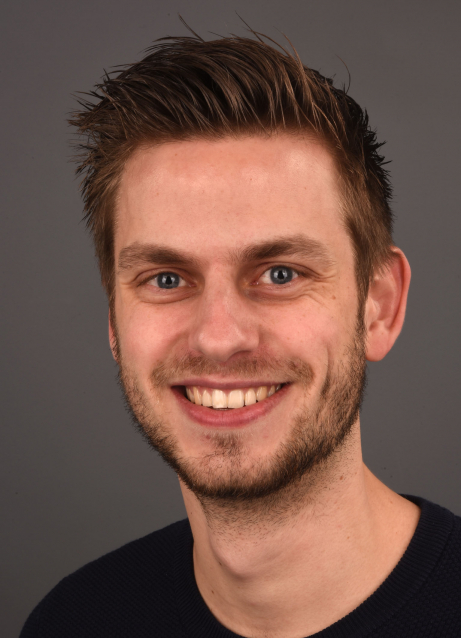Municipality and Maastricht University start the Match pilot
Maastricht University (UM) and the municipality of Maastricht are starting a pilot project called Match to improve the connection between volunteer projects, students and residents. In the Match pilot, a team from UM, the municipality and Trajekt are working as a broker. In this role, the team will try to gain insight into the working methods of various volunteer organisations, students and residents with the goal of better matching their community involvement. The aim is to involve many more organisations.
The pilot is part of the Student and City action programme, in which the municipality, UM and Zuyd University of Applied Sciences work together to optimise the quality of life and integration of students and residents. The pilot fits seamlessly into UM’s new strategic programme ‘Community at the Core’, in which UM wants to create more opportunities to connect students with the local community.
Civic organisations, various residents’ associations and the rapidly changing student population (including international students) still have trouble finding one another. At the same time, many students would like to be involved in the development of all sorts of civic activities alongside their studies. With the Match pilot, the municipality and universities will close this gap. That is a win-win situation for the city and the students.
Depending on their backgrounds, students can play a role in various neighbourhoods to address urban problems such as functional illiteracy, learning disadvantages among young people, obesity and silent poverty. At the same time, local residents and organisations would like to meet students who can offer practical help. There are already a number of good initiatives in which students are involved in volunteer activities. These can be expanded and made more visible. Match will make this connection by better aligning supply and demand. Residents’ organisations, housing corporations and Trajekt welcome the proposal and would like to contribute ideas.
The pilot costs €160,000, and the municipality and UM will each pay half. In practical terms, a project leader with a small team will get to work. First, the team will make an overview of all the existing social initiatives in which students may or may not already be involved. In situations where there is still no connection with students, they will look at how such a connection could be made. In addition, the team will look at which problems exist in various Maastricht neighbourhoods and then determine whether it is possible to reach a solution with help from students’ knowledge. The assumption is that students can then do so on a voluntary basis. Ultimately, a method to match students with voluntary work must also be developed. The pilot is thus a first step toward the more structured involvement of students (e.g. through the curriculum of UM or Zuyd University of Applied Sciences).
The first findings will be evaluated in August 2017.
For more information, visit our Match website.
Note for the press:
Inquiries:
Carla Wetzels, Communication advisor to the Alderman at the Municipality of Maastricht
Tel: 043-3504307, email: carla.wetzels@maastricht.nl
and
Caroline Roulaux, Communication advisor at Maastricht University
Tel: 043-3885229, email: caroline.roulaux@maastrichtuniversity.nl
Also read
-
Nienke Verstegen, researcher at De Forensische Zorgspecialisten, has conducted research on aggression within forensic care and its impact on patients and staff. On July 6, 2023, she will receive her PhD from Maastricht University with her dissertation 'Hurt people hurt people. Characteristics and...
-
Patients admitted to hospital due to a severe COVID-19 infection exhibit no evidence of brain damage caused by the disease. This is the conclusion of an extensive study led by Maastricht University.
-
Due to the Western lifestyle with a high fat diet combined with little exercise, more and more people in the Netherlands are overweight or even obese. This causes an increased risk of type II diabetes. What can be done about this besides a healthier lifestyle? The answer comes from an unexpected...


